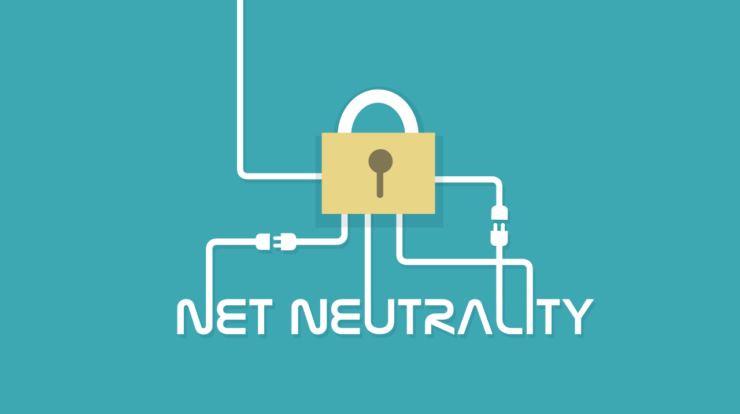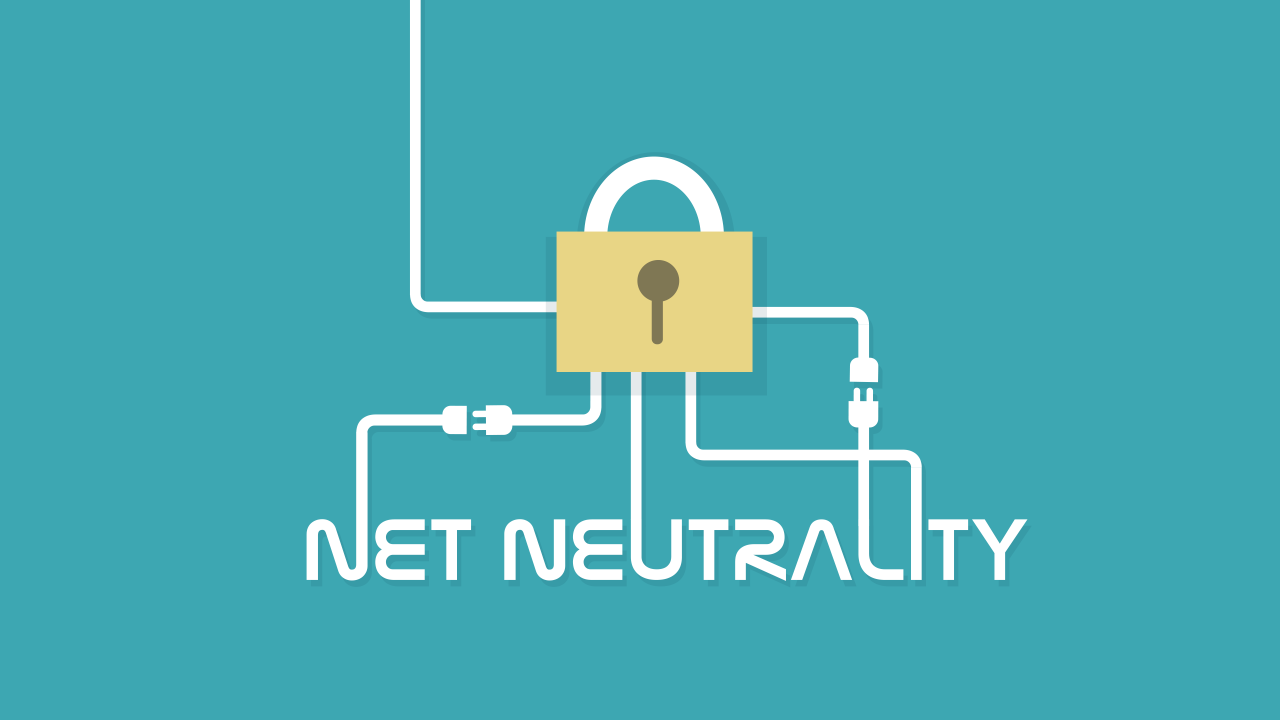
Net neutrality definition – In the ever-evolving digital landscape, net neutrality stands as a crucial concept shaping the internet as we know it. This guide delves into the definition, significance, and future prospects of net neutrality, providing a comprehensive understanding of its impact on innovation, competition, and the rights of internet users.
Net neutrality, simply put, refers to the principle that all internet traffic should be treated equally, regardless of its source, destination, or content. This means that internet service providers (ISPs) cannot prioritize certain types of traffic over others, creating a level playing field for all internet users.
Net Neutrality Definition
Net neutrality refers to the principle that internet service providers (ISPs) should treat all internet traffic equally, regardless of its source, destination, or content. In other words, ISPs should not discriminate against certain types of traffic or give preferential treatment to certain websites or services.
A comprehensive definition of net neutrality includes the following key principles:
- ISPs must not block or throttle any lawful internet traffic.
- ISPs must not discriminate against specific websites or services.
- ISPs must be transparent about their network management practices.
- ISPs must not engage in anti-competitive behavior, such as offering paid prioritization or creating fast lanes for certain types of traffic.
Importance of Net Neutrality: Net Neutrality Definition
Net neutrality is essential for several reasons:
- Consumer Benefits:Net neutrality ensures that consumers have equal access to all online content and services, regardless of their ISP or financial means.
- Innovation and Competition:Net neutrality promotes innovation and competition in the internet ecosystem by allowing new businesses and startups to compete on an equal footing with established players.
- Potential Consequences:Abolishing net neutrality could lead to a tiered internet, where ISPs charge different prices for access to different types of content or services.
Net Neutrality Regulations

The history of net neutrality regulations can be traced back to the early days of the internet. In 2005, the Federal Communications Commission (FCC) adopted the Open Internet Order, which established net neutrality principles as a guiding policy for broadband internet service.
Different approaches to net neutrality regulation exist around the world. Some countries have adopted strict regulations, while others have taken a more hands-off approach.
Government agencies play a crucial role in enforcing net neutrality regulations. The FCC, for example, has the authority to investigate and punish ISPs that violate net neutrality rules.
Net Neutrality Debates
The debate over net neutrality is complex, with strong arguments on both sides.
- Arguments for Net Neutrality:Proponents of net neutrality argue that it is essential for protecting consumer rights, promoting innovation, and ensuring a fair and open internet.
- Arguments Against Net Neutrality:Opponents of net neutrality argue that it stifles innovation and investment by ISPs and that it is unnecessary government overreach.
Stakeholders in the net neutrality debate include ISPs, content providers, and consumers. Each group has its own unique perspective on the issue.
Future of Net Neutrality
The future of net neutrality is uncertain. In recent years, the FCC has taken steps to weaken net neutrality regulations, but the issue is likely to remain a topic of debate for the foreseeable future.
Technology will continue to play a significant role in shaping the future of net neutrality. New technologies, such as 5G and the Internet of Things (IoT), could create new challenges and opportunities for net neutrality regulation.
Summary
The future of net neutrality remains uncertain, with ongoing debates and regulatory challenges. However, the principles of net neutrality continue to resonate with consumers, policymakers, and advocates alike. As technology advances and the internet becomes increasingly integral to our lives, the importance of preserving net neutrality will only grow.
General Inquiries
What is the key principle of net neutrality?
Net neutrality ensures that all internet traffic is treated equally, regardless of its source, destination, or content.
Why is net neutrality important?
Net neutrality fosters innovation, competition, and consumer choice by preventing ISPs from discriminating against certain types of traffic.
What are the potential consequences of abolishing net neutrality?
Abolishing net neutrality could lead to ISPs prioritizing their own content and services, limiting consumer access to a diverse range of online content.





